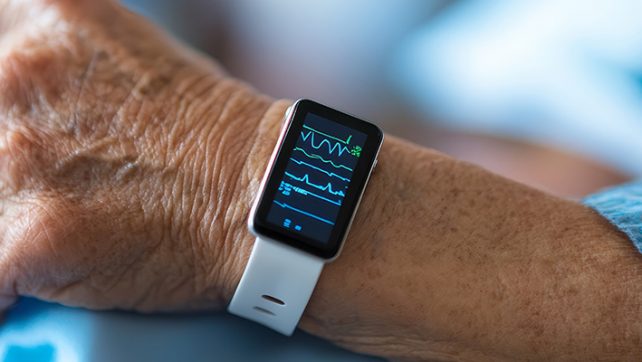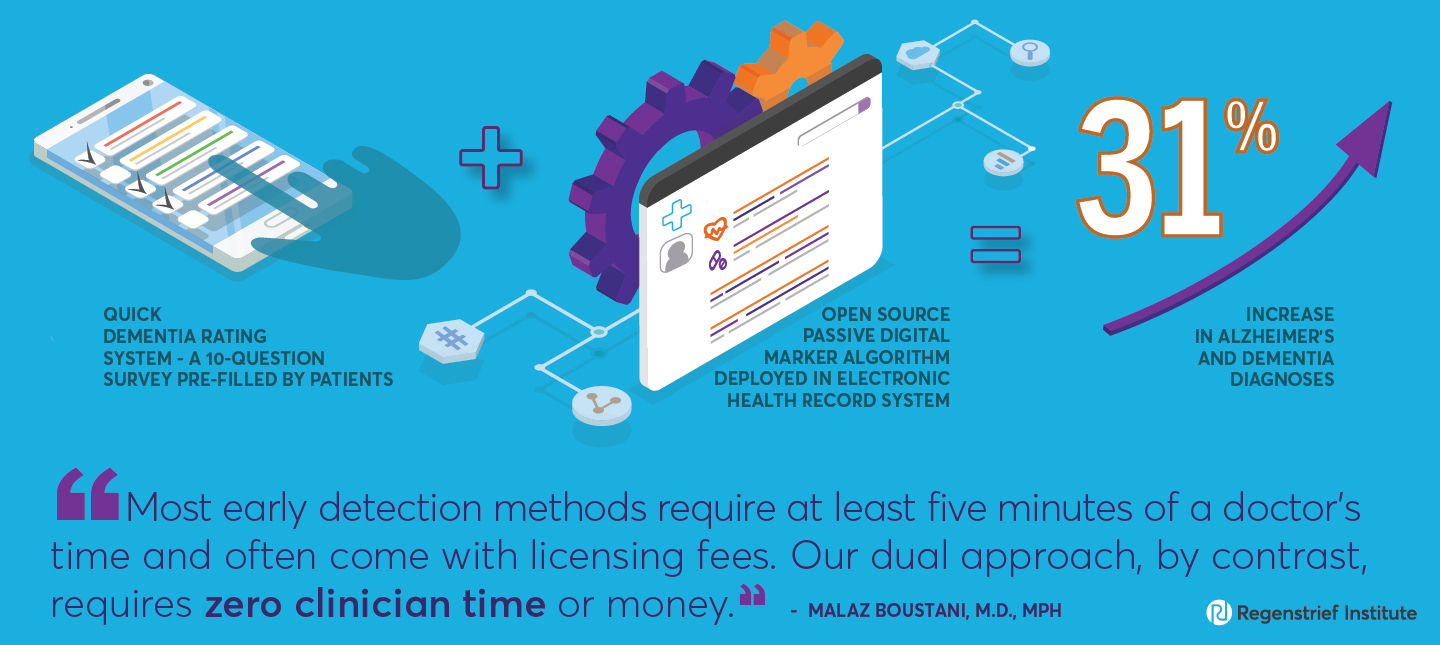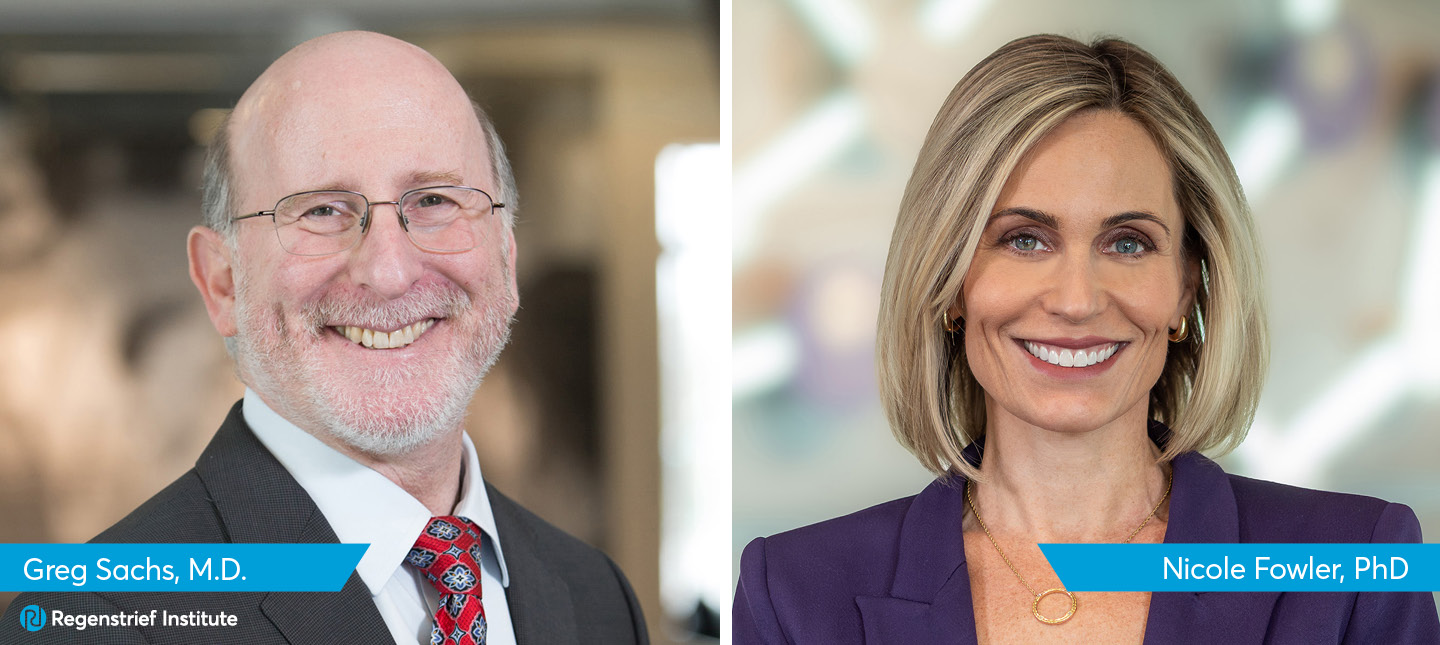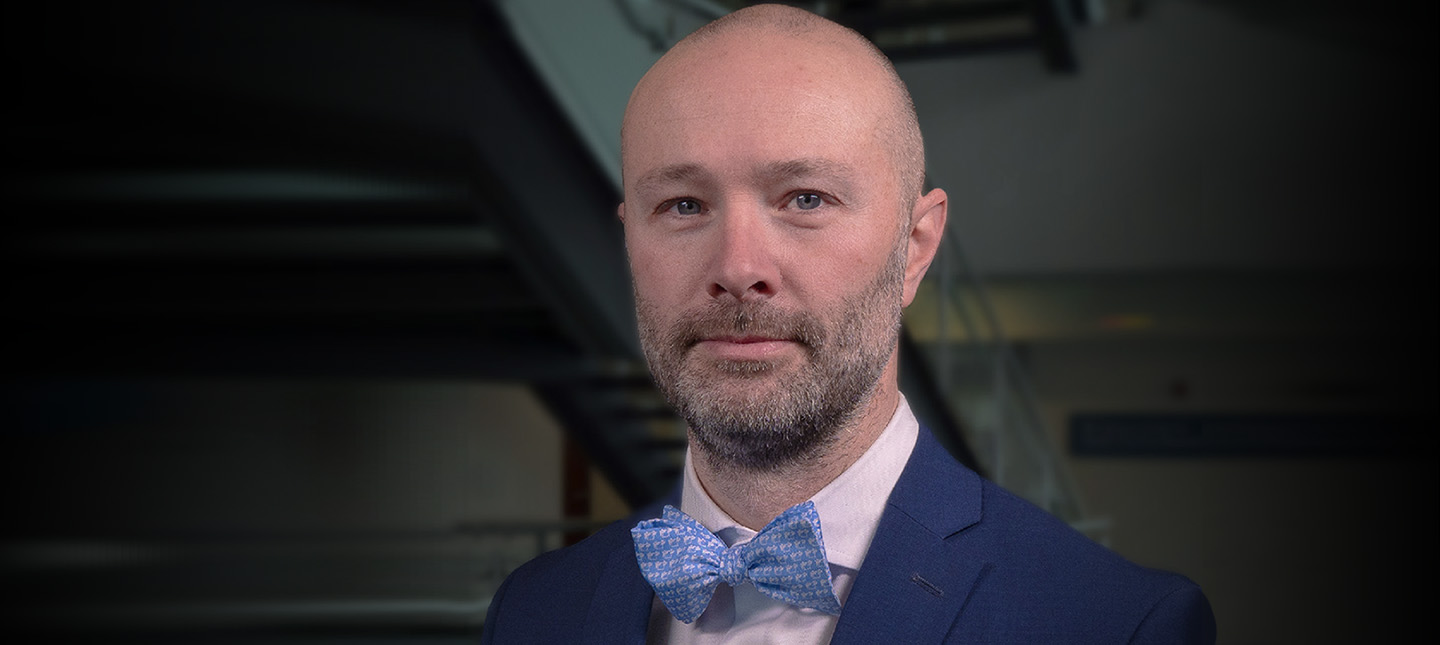-
Research
- Experts
In The News
View All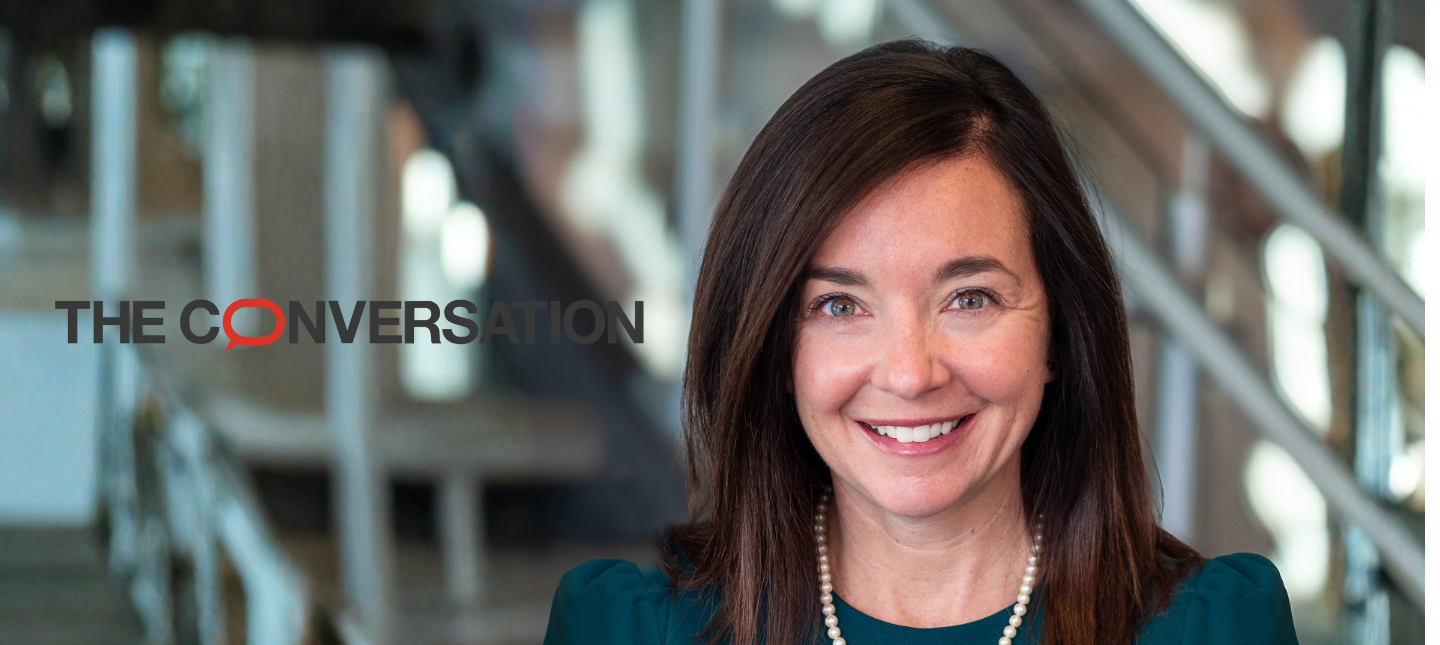
The Conversation featured Dr. Jill Inderstrodt
Jill Inderstrodt, PhD, MPH, was featured by The Conversation for...
Influence
View All
Effectiveness of 2023–2024 COVID-19 vaccines in children in the U.S.
Published in Pediatrics. Here is a link to the article....
- About

Regenstrief is dedicated to pioneering transformative solutions for a healthier world.
- The Latest
Partner With US - Experts
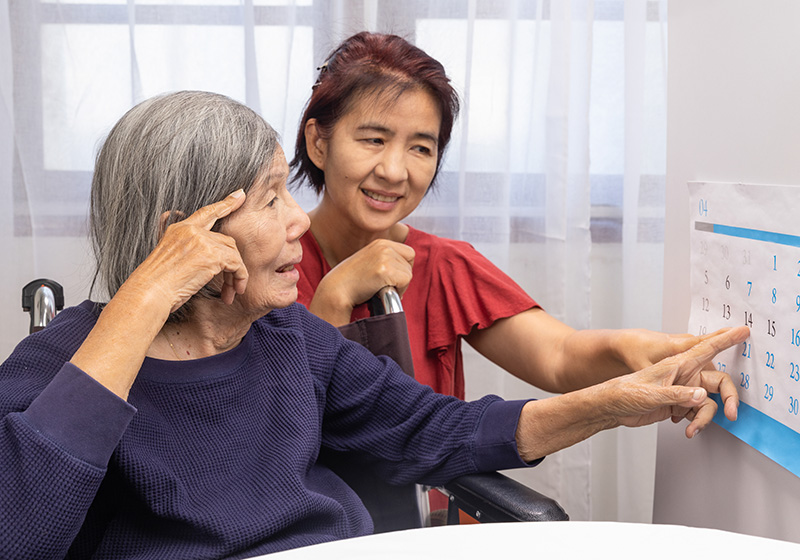
Healthy Aging
Alzheimer’s disease and related dementias affect a staggering number of families, and can devastate the lives of all involved.
The Alzheimer’s Association estimates that one in three seniors in the United States dies with a diagnosis of Alzheimer’s or dementia. 16 million more individuals serve as unpaid caregivers, providing hundreds of billions of dollars of uncompensated care to their loved ones. This caregiving can lead to much higher levels of stress and worse health outcomes for caregivers.
From using passive markers to identify the disease, to the impact of dementia screening and medications to how best to care for patients and their families, Regenstrief Institute is conducting a significant amount of research on dementia.
Researchers are working to understand the relationship between dementia and anticholinergics, as well as how to safely deprescribe medicines. They are also focused on treating and preventing delirium in the intensive care unit, which greatly increases a person’s odds of developing dementia.
A collaborative care model utilizing a team of healthcare workers to treat not only the patient with dementia but the family as well was developed at Regenstrief. Care models such as this along with other interventions to support caregivers are an important cornerstone of dementia research.
Projects
Related News & Stories
November 10, 2025
Zero-cost, AI-driven digital detection identifies Alzheimer’s and related dementias without additional clinician time
Few primary care practices are designed for the timely detection of Alzheimer’s disease and related dementias. The limited time that primary care clinicians are able to...
September 18, 2025
Regenstrief researchers named to IBJ brain health expert panel
Regenstrief Institute research scientists Greg Sachs, M.D., and Nicole Fowler, PhD, MHSA, have been selected to participate on a panel of leading healthcare experts at the...
September 15, 2025
Creating User Personas to Support Medication Management at Home
Understand the strategies and unmet needs of caregivers managing medications for people with Alzheimer’s disease or related dementias The study aimed to describe the strategies and...
March 11, 2025
Improving quality measurement for dementia care
Published in Alzheimer’s and Dementia. Here is a link to the article. Regenstrief Institute authors: Nicole Fowler, PhD, MHSA. A comprehensive review published in Alzheimer’s &...




